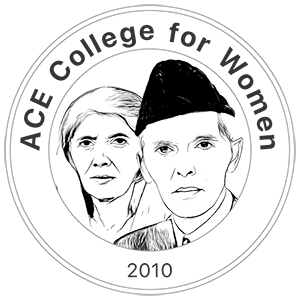Genetic Variation in Heat Tolerance and Immunocompetence of Chickens Raised in Nigeria
| Received 06 Jan, 2023 |
Accepted 06 Jun, 2023 |
Published 30 Sep, 2023 |
Background and Objective: Knowledge of genetic variations in heat tolerance and immunocompetence between different strains is imperative in genetic selection and enhancement of natural disease resistance in the tropics. Hence, this study compared Nera Black, Dominant Blue and Nigerian indigenous chicken strains. Materials and Methods: Heat tolerance was evaluated by measuring the pulse rate, respiratory rate, rectal temperature and heat stress index of the birds. Blood analysis was carried out to determine the blood differentials of the birds. A haemagglutination inhibition (HA/HI) test on blood samples from the birds before and after antigenic challenge with newcastle disease virus (NDV) was used to evaluate immunocompetence. Results: Nera Black had the highest means for heat tolerance traits while the Nigerian indigenous had the least. Sex significantly (p<0.05) influenced all heat tolerance traits except rectal temperature. Genotype had a significant (p<0.05) effect on the blood parameters with mean values for heterophil percentage, heterophil/lymphocyte ratio and monocyte percentage lowest for the Nigerian indigenous. The Nigerian indigenous had the highest postvaccination titer mean. Conclusion: From this study, the Nigerian indigenous chickens had higher heat tolerance and immunocompetence and were therefore better adapted to the tropics than the exotic birds studied.
How to Cite this paper?
APA-7 Style
Folarin,
I.A., Wheto,
M., Peters,
S., Idowu,
O.M., Ikeobi,
C.O. (2023). Genetic Variation in Heat Tolerance and Immunocompetence of Chickens Raised in Nigeria. Trends in Agricultural Sciences, 2(3), 241-248. https://doi.org/10.17311/tas.2023.241.248
ACS Style
Folarin,
I.A.; Wheto,
M.; Peters,
S.; Idowu,
O.M.; Ikeobi,
C.O. Genetic Variation in Heat Tolerance and Immunocompetence of Chickens Raised in Nigeria. Trends Agric. Sci 2023, 2, 241-248. https://doi.org/10.17311/tas.2023.241.248
AMA Style
Folarin
IA, Wheto
M, Peters
S, Idowu
OM, Ikeobi
CO. Genetic Variation in Heat Tolerance and Immunocompetence of Chickens Raised in Nigeria. Trends in Agricultural Sciences. 2023; 2(3): 241-248. https://doi.org/10.17311/tas.2023.241.248
Chicago/Turabian Style
Folarin, Itunuola, Anne, Mathew Wheto, Sunday Peters, Olusegun Mark Obafemi Idowu, and Christian Obiora Ndubuisi Ikeobi.
2023. "Genetic Variation in Heat Tolerance and Immunocompetence of Chickens Raised in Nigeria" Trends in Agricultural Sciences 2, no. 3: 241-248. https://doi.org/10.17311/tas.2023.241.248

This work is licensed under a Creative Commons Attribution 4.0 International License.



